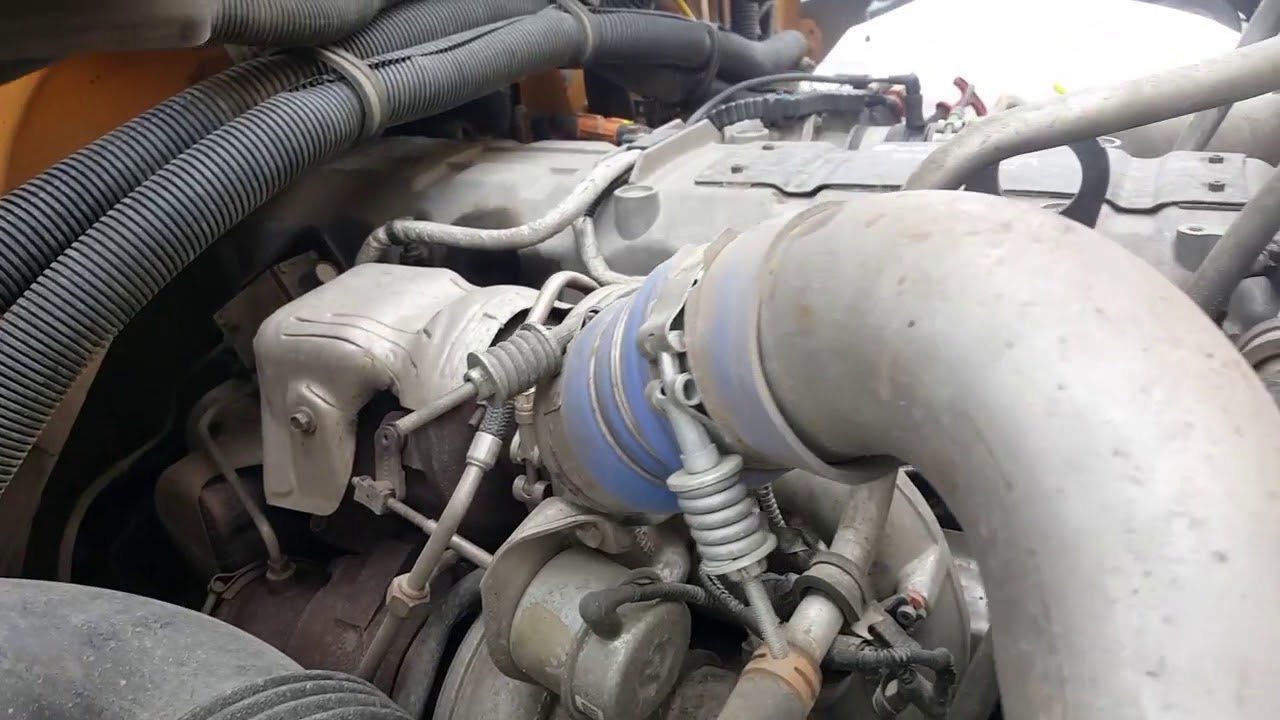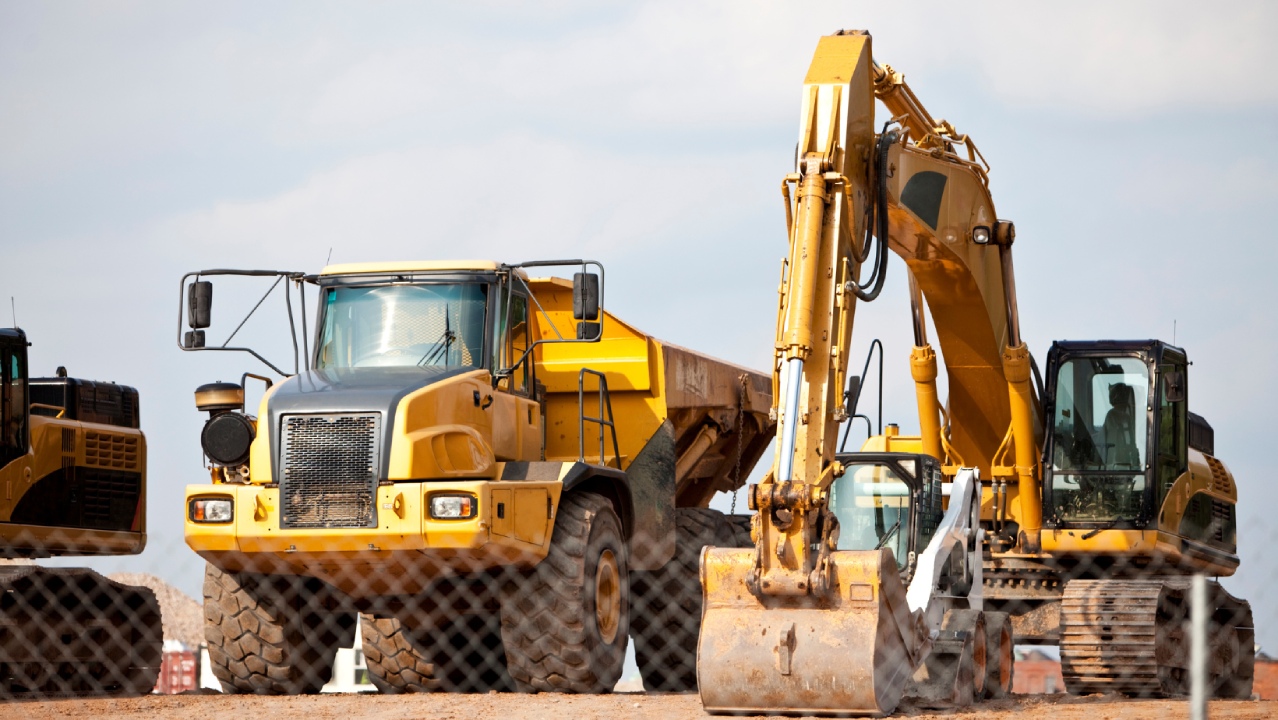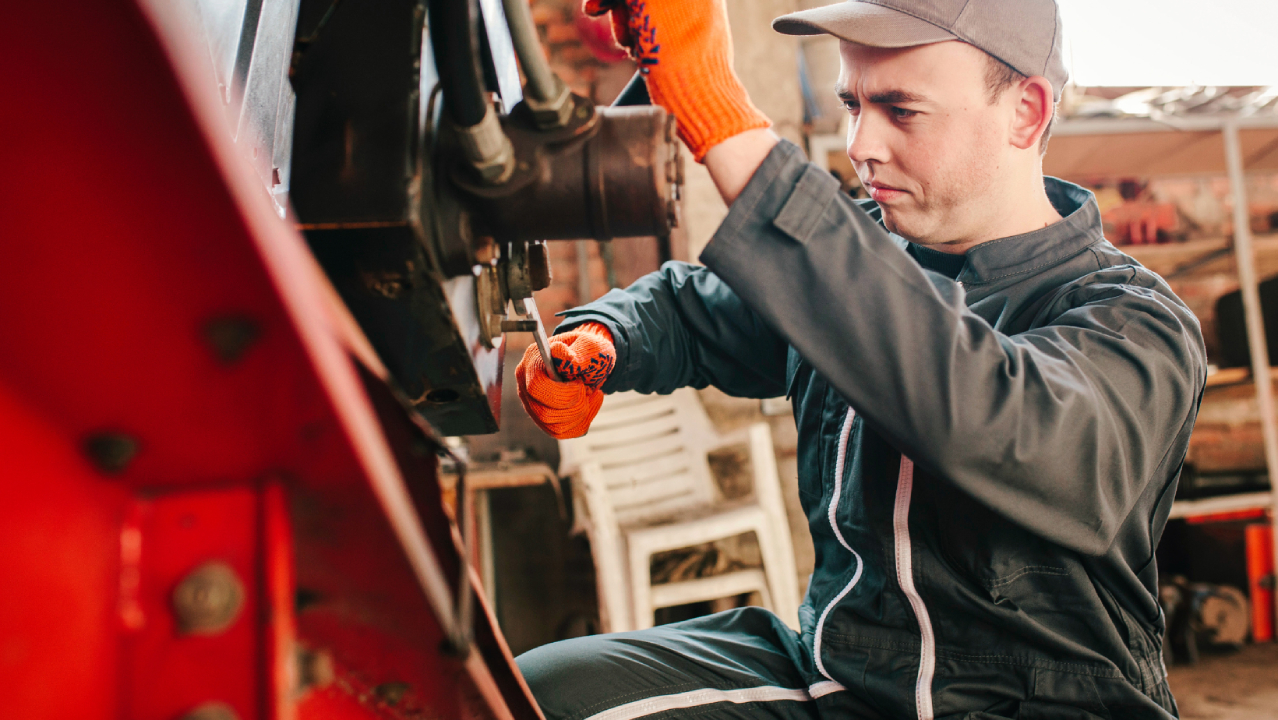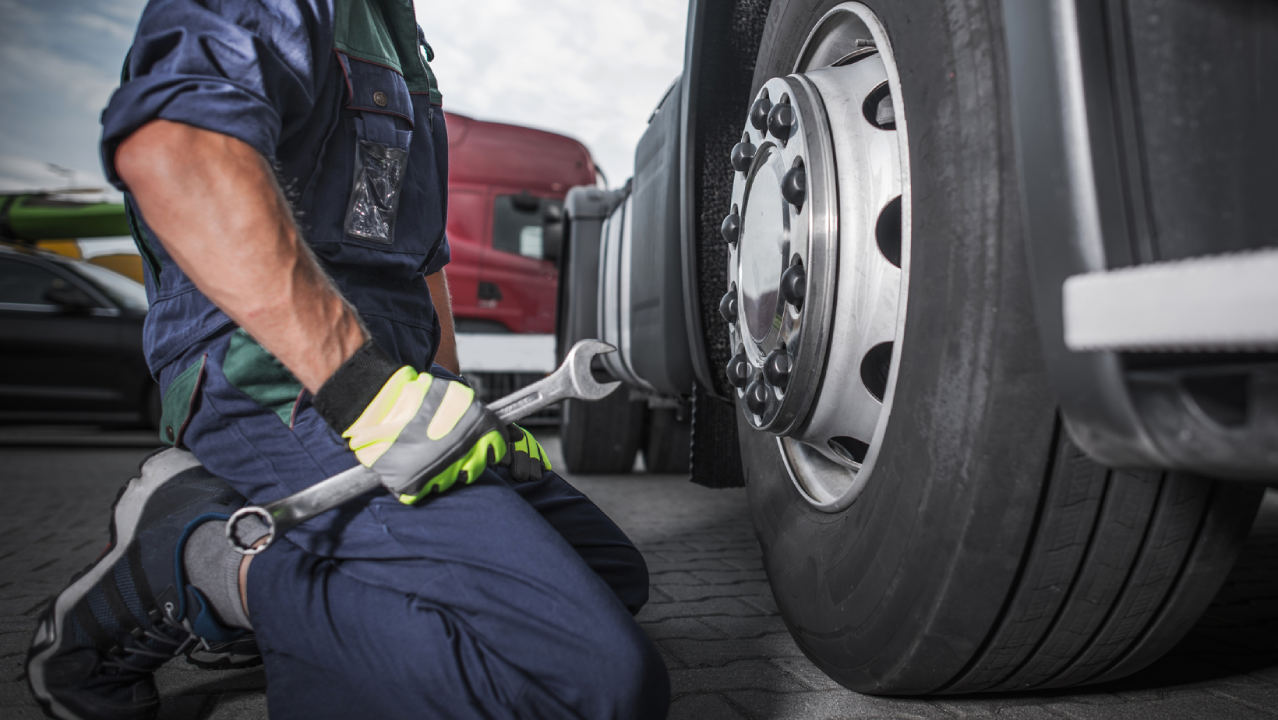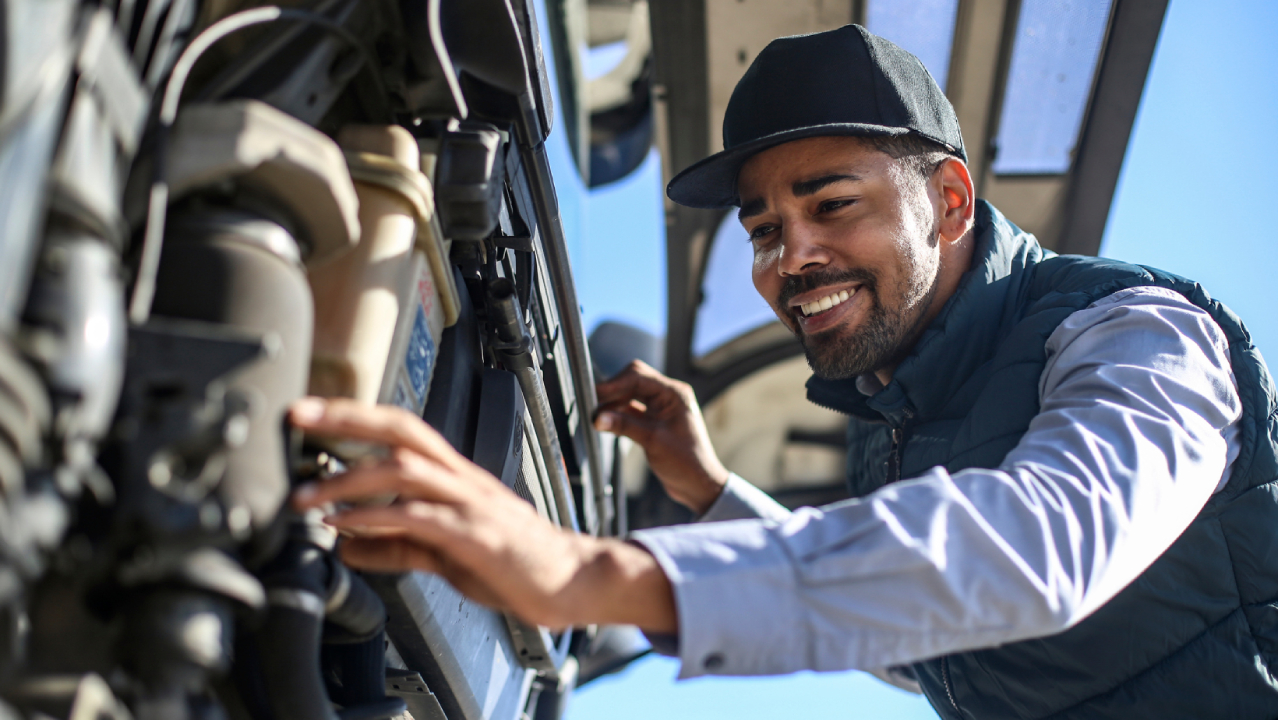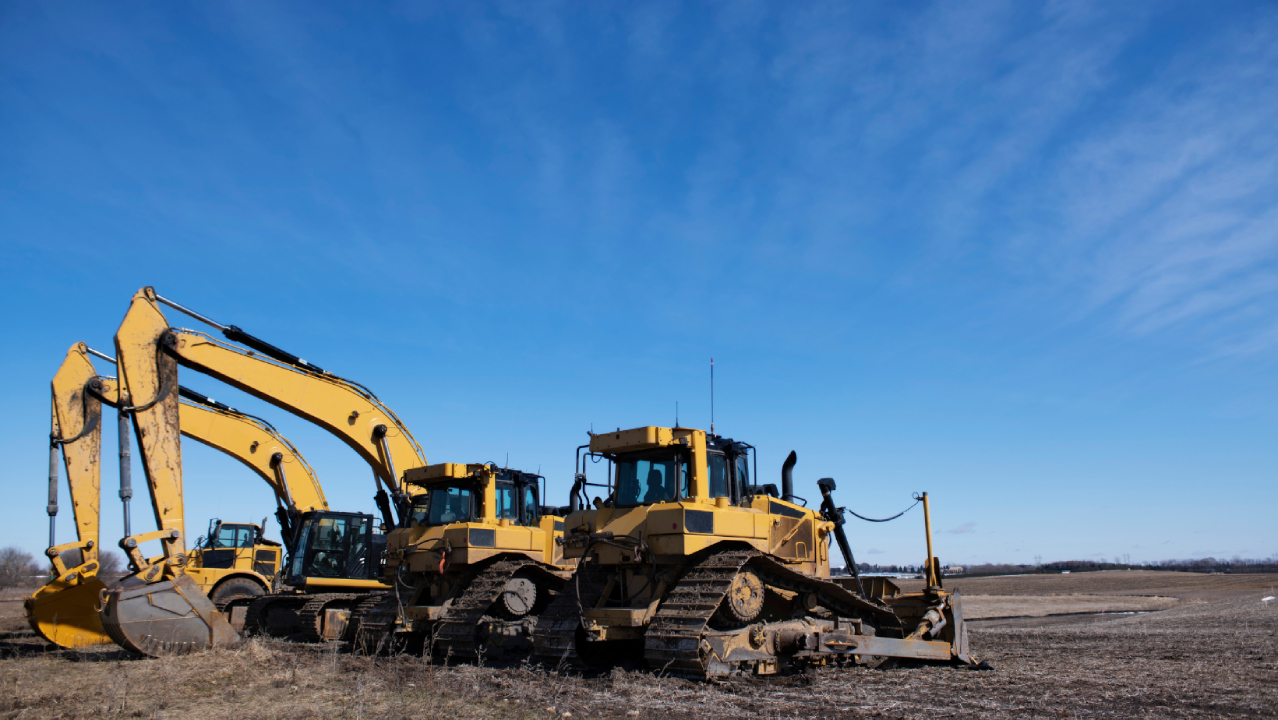After four diesel engine rebuilds on our DT MaxxForce models we have learned a lot on how they function and what to do on preventing further failures. Between a scale of one to ten this one is a 10 plus a half. You do not expect a school bus that runs 9 months a year hauling school children 4 to 5 hours a day to have an engine failure.
The first time it happened I was floored…we have never owned a bus in our fleet that needed an engine job this soon. Five years is not a good track record for a diesel engine with such a light load/casual use. In the past major engine repairs did not occur until much later in the life of the bus. Of course there have been cylinder heads needing repair or a blown head gasket, injectors failing, leaks etc but premature wear we have experienced with these Maxxforce diesel engines is a first in our fleet.
Online if you do search for these engine models there is an uproar with Navistar with law suits going on all over the continent. The owner operators have suffered the most with all the expenses that come with any kind of repairs because believe me the parts are not cheap at all. The EGR cooler, injectors, EGR valve, DPF (diesel particulate filter/muffler) will rack up a bill through the roof. The emissions in general as with all diesel engines made after 2007 had difficulty keeping up with technology development especially in the beginning with never ending problems.
Since SCR (selective catalytic reduction) came on board issues have reduced to a crawl and the only extra step for operators is to keep the DEF (diesel exhaust fluid) level up on their vehicles. I heard from our Navistar sales rep that in 2010 Navistar listened to their customers regarding NOT going the SCR route and designing a better EGR (exhaust gas recirculation) system. It did not work and the ball dropped for Navistar losing a ton of money compensating customers, legal fees and so on. Did customers think it was too much of a hassle adding DEF to their trucks and buses?
I will gladly go the extra step and add DEF to our Cummins ISB engines all day long. The savings in labor, parts and downtime is huge for our fleet. The sooner we go all Cummins the better.
